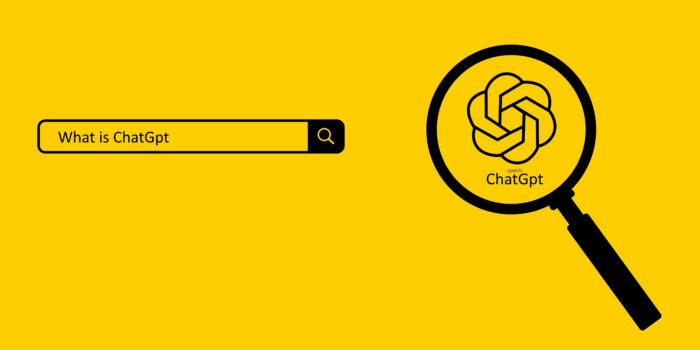February 02 2023
Bing and ChatGPT have Big Plans—What that Means for Search Strategy
OpenAI’s Partnership with Microsoft
An earlier blog explored how ChatGPT works and what it can and cannot do, but the introduction of this new technology is only half the story. Microsoft’s Bing search engine looks to get a competitive edge on the search giant Google with the integration of OpenAI’s chatbot technology this March. The companies have been collaborating since 2019 and Microsoft dropped a whopping $1 billion investment, with further funding likely to come soon.
Microsoft is currently employing OpenAI’s cloud services in tools and for enterprise users of Azure. OpenAI’s DALL-E 2, an AI image generator and social media darling, will soon be available on Bing’s Image Creator and is planned to make an appearance in PowerPoint. Its language models could be integrated into Word and Outlook to help users write, summarize, or generate documents and emails. Think of a more advanced autocomplete than you see now from Gmail or smartphones.
It is currently unknown all the integrations the collaboration has in store or how Bing will integrate OpenAI’s software. We still don’t know whether it will be ChatGPT or an iteration of GPT that will be utilized. What we do know is that this could be big news for your future search strategies. Below we look at Google’s reaction, how this could shake up search, and what you should consider going forward.

What This Means for Google
Google is the world’s top search engine, handling 84% of searches. Bing is a distant second with 9% as of December 2022. Google has its own advanced algorithms, AI technology, and language models, but with all its advancements, Google has been reluctant to introduce a chatbot like this. The hesitation is likely because of ad revenue.
Google generates most of its revenue via Google Ads, cashing in with every promoted link clicked. Given its reach, more companies utilize this platform over Bing Ads. A big concern is that ChatGPT could reduce this reach and consumer exposure to online ads.
However, it is doubtful that revenue isn’t a goal in the Microsoft/OpenAI relationship. Bing Ads or something like it must come into play with this integration at some point. ChatGPT was forced to monetize the service via a Plus account option to fund its staggering computing costs. A good guess of how this would work is promoting certain vendors in the chatbot’s human-like responses.
Imagine searching the term hot rolled steel. Currently, ChatGPT delivers a paragraph that imitates a human response. Google delivers a paragraph pulled from a site, business links, images, and video. So, for revenue to happen, Bing would serve up its ChatGPT answer plus recommended businesses. For those businesses to appear—companies would have to bid for those spots.
What This Means for Trust
When Microsoft made the Bing/ChatGPT announcement, it issued a “code red”, meaning all hands-on deck with entire teams shifted to refocus on AI in response. Before this, Google spent a lot of time updating its search engine with functions to improve user trust, another source of chatbot hesitation given the technology cannot perceive fact or fiction when generating answers. Ironically, Google’s recent spam updates detect and neutralize AI-plagiarized content, priding itself on populating search landscapes with human-generated content.
So, the big question is, what makes Microsoft so confident it can integrate this into Bing without putting consumer trust at risk? ChatGPT could add a more interactive element to search with its ability to answer follow-up questions, building a conversation to provide a thorough answer.
If ChatGPT works as a front end to Bing, some worry that the “human assessment” step of a search would be taken away, forcing users to accept the results as is. Currently, we receive search options that search algorithms deem trustworthy and then make a judgment on which links to choose. Unless Bing plans to add this feature in addition to the usual SERP features, trustworthiness is a concern.

What’s Your Takeaway
Search strategy is driven by user intent, meaning the results depend on the keywords a user inputs. Regardless of the platform a user chooses, the specifics lined out in the B-SMART method are rooted in user intent and can anticipate those keywords. With humans still the user, B-SMART can help us understand search at its core.
Additionally, ChatGPT is pulling in data from the internet, meaning all that hard work done on keywords in the past is going to get pulled into the AI today. Contact TopSpot to get an integrated approach utilizing the B-SMART method, backed up with data and analytics that ensure your business keeps pace with all the changes Bing and Google roll out.
Tags: AI, SEO
